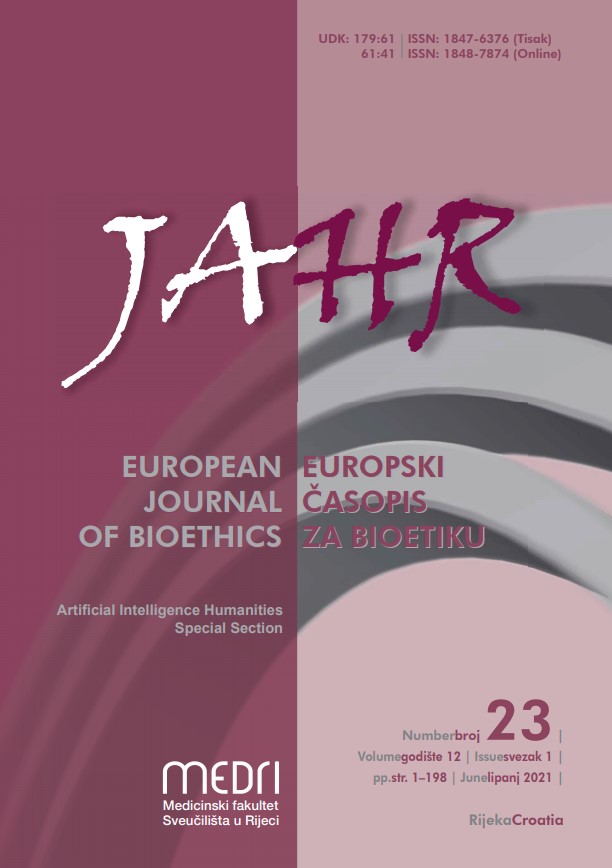Psychosocial interventions for persons with Alzheimer’s dementia and their caregivers
Keywords:
Alzheimer’s dementia, early intervention, family, non-formal caregiversAbstract
https://doi.org/10.21860/j.12.1.4
Alzheimer’s dementia (AD) is a neurodegenerative, progressive disease of heterogeneous aetiology, characterised by cognitive impairment, entailing severe difficulties in the daily functioning of persons affected by the disorder and requiring the assistance of non-formal caregivers. Research showed that an early diagnosed AD may increase medical and developmental outcomes for patients. This paper aims to underscore the importance of early intervention from the diagnostic and rehabilitation standpoint and highlight the pivotal role of family members who act as non-formal caregivers of persons affected by the disease. Early intervention involves early diagnostic and rehabilitation interventions, including support programmes for family members as non-formal caregivers. Support networks contribute to the quality of care for patients and non-formal caregivers. In terms of support, recognising the needs of family caregivers is essential for ensuring timely and effective formal support mechanisms. As favourable aspects of AD are rarely evoked, the role of helping professions is to assist in identifying opportunities and supporting patients and their families accordingly
Downloads
Published
Issue
Section
License
Authors who publish with this journal agree to the following terms:
- Authors retain copyright and grant the journal right of first publication with the work simultaneously licensed under a Creative Commons Attribution License that allows others to share the work with an acknowledgement of the work's authorship and initial publication in this journal.
- Authors are able to enter into separate, additional contractual arrangements for the non-exclusive distribution of the journal's published version of the work (e.g., post it to an institutional repository or publish it in a book), with an acknowledgement of its initial publication in this journal.
- Authors are permitted and encouraged to post their work online (e.g., in institutional repositories or on their website) prior to and during the submission process, as it can lead to productive exchanges, as well as earlier and greater citation of published work (See The Effect of Open Access).



